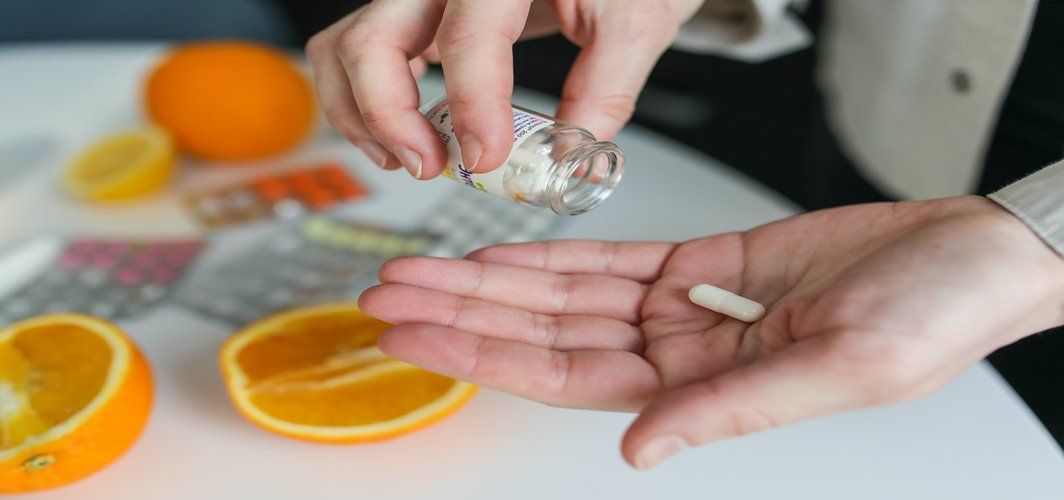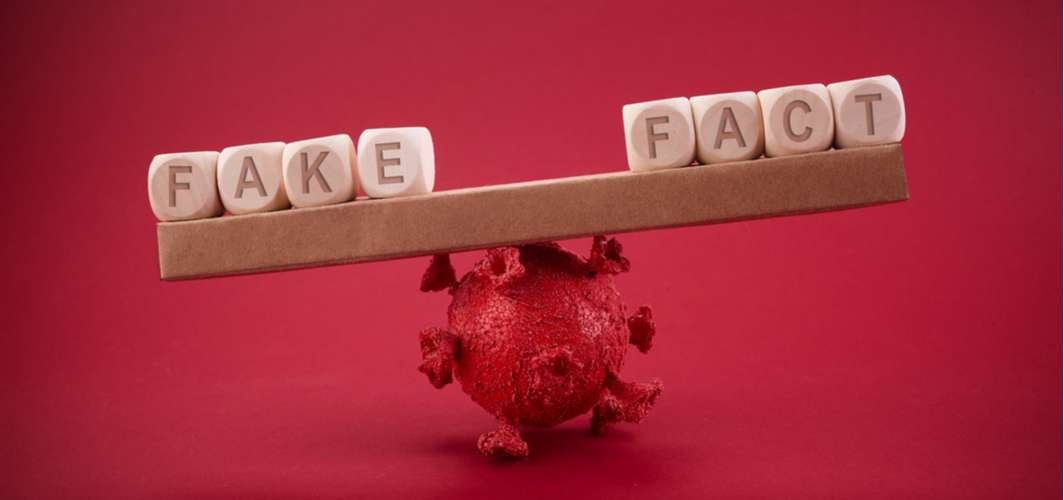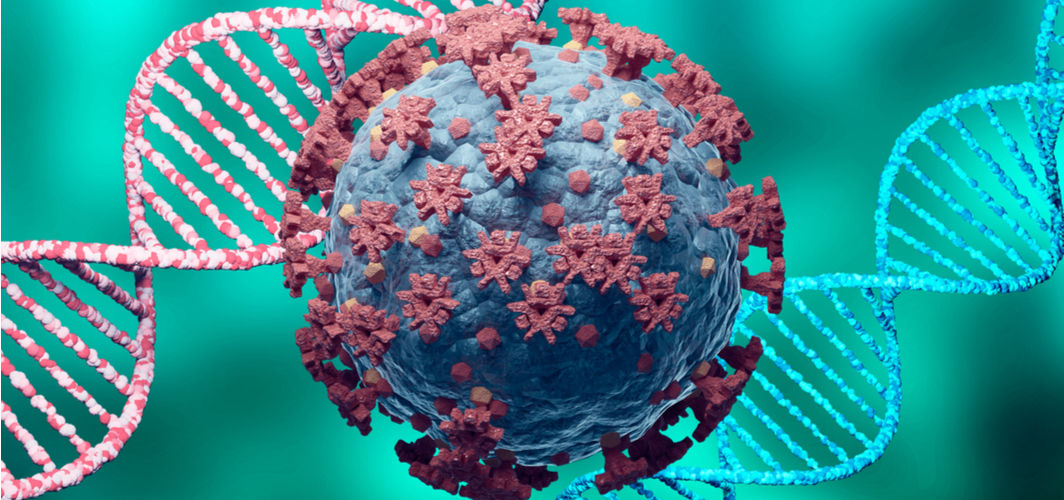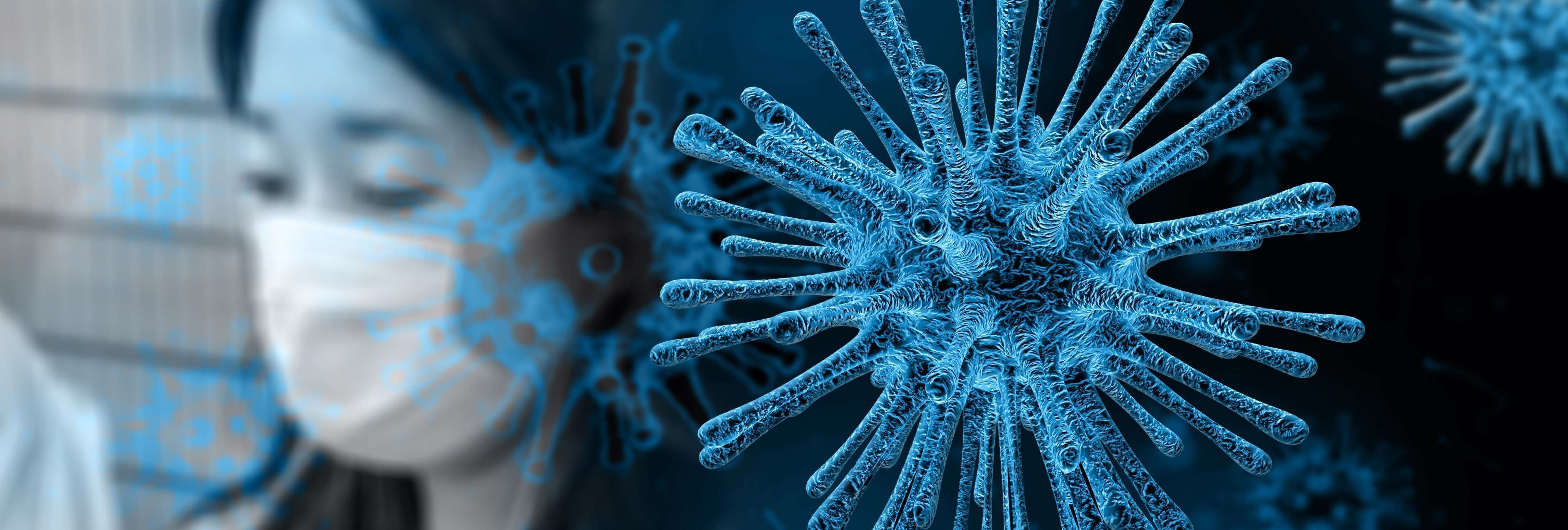With the Coronavirus pandemic outbreak, there has been much speculation and debate about the role of health and vitamin supplements in the prevention of Coronavirus infection. So far, there is no evidence to suggest that taking health and vitamin supplements can prevent or cure COVID-19 infection. However, many healthcare experts support the fact that health supplements have some broader benefits and may reduce the severity of Coronavirus infection by boosting immunity. In this article, we will learn about how health supplements strengthen immunity and the types of dietary supplements one should take to stay healthy.How can vitamins and minerals help in boosting immunity in the fight against COVID-19?
A robust immune system is considered to be very crucial in the fight against the novel Coronavirus. Since there is no treatment to cure COVID-19 yet, experts suggest that the best way to protect yourself is by taking long term measures to boost your immunity. This is besides other measures like practicing social distancing, frequent hand washing, and wearing masks. Since some symptoms of the Coronavirus are similar to cold and flu, vitamin and health supplements fight the Coronavirus infection in the same way they help in relieving cold or flu symptoms. Studies conducted by experts reveal that the deficiency of certain micronutrients and vitamins can alter immune response in humans. This can lead to severe health issues. If you are not able to have the recommended daily dosage of these micronutrients in your natural diet, you can use various supplements that are often sold as immunity boosters in the market. Five micronutrients - vitamin B-complex, vitamin D, vitamin C, vitamin A, and zinc have been known to play important roles in maintaining your immune system. Which vitamins can help fight Coronavirus infections?
Vitamin D
Vitamin D is found to reduce the risk and symptoms of acute viral respiratory infections and pneumonia. It also plays an essential role in the maintenance of bone health and calcium-phosphorus metabolism. Your body gets vitamin D from the sunlight, and because most of us are indoors a lot, this may increase the chances of vitamin D deficiency. Besides, very few food sources naturally contain vitamin D, which is why fortification of food or oral supplementation of vitamin D is often necessary. Your vitamin D requirements also depend on various factors like age, skin color, location, sun exposure, and others. Daily dosage: Doctors recommend a daily intake of 25–100 micrograms of vitamin D.
Natural vitamin D food sources: Cod liver oil, fishes like salmon and mackerel, Mushrooms, egg yolk, orange, and milk
Vitamin A (Retinol)
Vitamin A helps support cell growth, boost immune function, and improve fertility and eye health. According to the World Health Organization (WHO), vitamin A deficiency causes blindness and respiratory distress in adults and children. Mild symptoms of vitamin A deficiency include skin problems like acne. One may get enough vitamin A from their food and diets. However, if you get diagnosed with vitamin A deficiency, it is best to consult your doctor before including vitamin A supplementation in your daily diet. Daily dosage: Doctors recommend no more than 3,000 mcg of vitamin A per day.
Natural vitamin A food sources: Pumpkins, carrots, spinach, cabbage, beef liver, egg yolks, cod liver oil, salmon, butter and cheese
Vitamin C
Vitamin C is a water-soluble vitamin that doesn't get stored or produced in the body. Hence, it is important to consume vitamin-C rich diets daily. Lung inflammation is one of the severe symptoms of Coronavirus that can even lead severe complications and vitamin C is proven to reduce inflammations. Try consuming vitamin C rich food or vitamin C supplements every day. Consumption of vitamin C can also reduce the severity of cold and flu symptoms. Daily dosage: Doctors recommend 90 mg per day if you are a male and 75 mg per day if you are a female. The tolerable upper limits are 2000 mg for adults.
Natural vitamin C food sources: Oranges, strawberries, broccoli, brussels sprouts, grapes
Mainly classified as vitamin B6, vitamin B9, and vitamin B12 and packed into one pill, these vitamins are water-soluble vitamins that do not get produced within the body. These vitamins trigger your body's first immune response against a foreign body or any infection. Vitamin B helps in preventing anemia and reducing symptoms of depression. Low levels of vitamin B within the body can directly impact your energy levels, brain function, and cell metabolism, which is why experts suggest obtaining it from foods or supplements.
Daily dosage: Recommended dosage of vitamin B depends on age, nutrient demands, gender, and health condition. However, doctors may suggest the following dosage:
- Vitamin B2- 1.1 mg for female and 1.3 mg for male
- Vitamin B6-1.3 mg
- Vitamin B12: 2.4 mcg
Natural vitamin B food sources: Cereals, legumes, fruits, green leafy vegetables, fish, meat milk, egg products
Zinc
It is one of the most vital micronutrients in your body that plays an important role in wound healing, enzyme synthesis, and protein synthesis. Zinc contains many antiviral properties that enhance the body's antiviral immunity and improve immune cell function in elderly or immunocompromised individuals. Administration of zinc to a Coronavirus infected person is found to reduce symptoms of nasal congestion, sore throat, and cough. The deficiency of zinc in the body may increase the chances of having severe lung or respiratory infection and other autoimmune diseases. Zinc supplementation is available in the form of capsules, tablets, and lozenges.
Daily dosage: Doctors recommend 8 mg per day for women and 11 mg for men
Natural zinc food sources: Seafood, meat, dairy, nuts, and legumes
Importance of avoiding overdose
While health supplements do have their benefits, it is important to talk to the doctor before consuming them, to understand the right dosage and to avoid overdose.
It is to be noted that vitamin and mineral supplements have been proven to be harmful if taken in excess. The symptoms of overdose for a few specific nutrients are:
- Vitamin A: Hair loss, liver damage, severe headaches, bone pain, blurred vision, dry skin, and vomiting
- Vitamin D: Irregular heartbeat, severe constipation, frequent urination, muscle weakness, and confusion.
- Vitamins B: Vitamin B6 in excess can cause skin lesions and nerve damage. Overdose of vitamin B3 can cause jaundice, elevated liver enzyme levels, and nausea.
- Vitamin C: Acid reflux, digestive distress, nausea and diarrhea
- Zinc: Nausea, vomiting, stomach pain, and diarrhea.
Conclusion
Apart from taking care of your daily nutrients and supplements intake, it is also important to eliminate unhealthy lifestyle habits as these practices may weaken or suppress your immune system. Certain habits that can impact your immune system are:
- Excessive alcohol and smoking
- Stress
- Excessive salt and sugar intake
- Processed foods.
If you are staying alone and self-isolating because of the Coronavirus symptoms, continue maintaining proper hydration, nutrition, and sleep. If you have an underlying disease that needs you to have specific nutrition and supplements, follow tailored recommendations given by your doctor or dietitian. This will help you to manage your existing illness effectively. The key to good health is to be consistent in eating a well-balanced diet making sure you are getting the requisite daily intake for all the necessary vitamins and minerals.
If you have any questions, you can:
Consult a COVID-19 Expert







